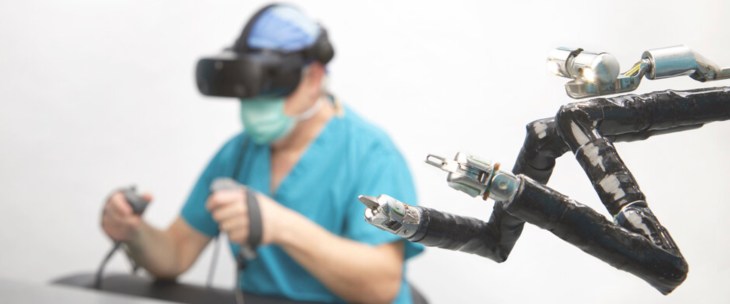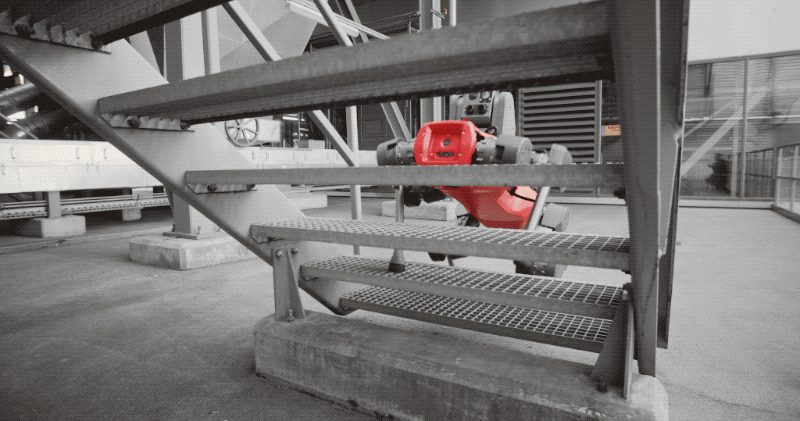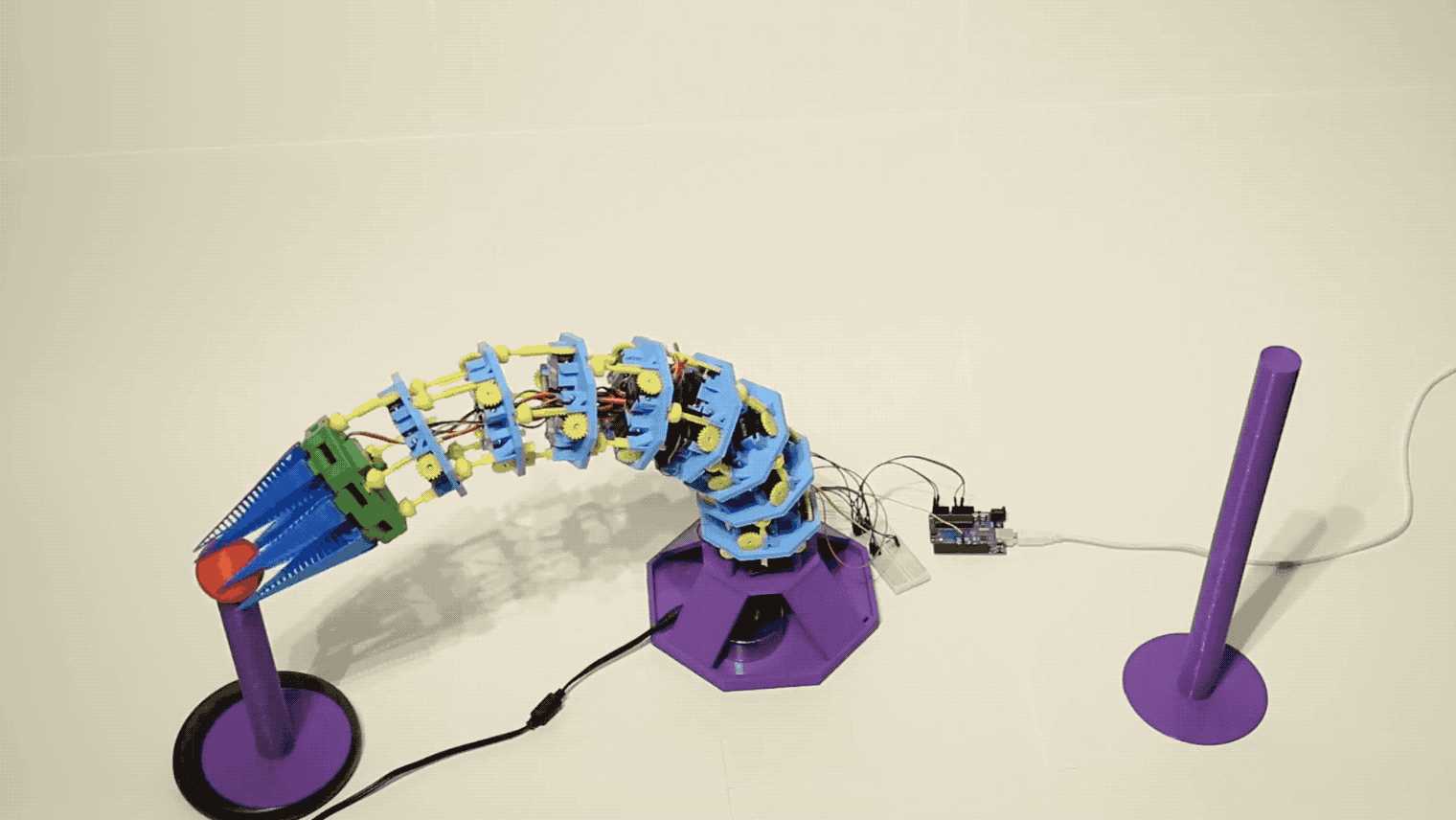Robotics roundup: Dog legs, elephant trunks and a new way to install drywall

That thing I said the other week about robotics SPACs being relatively few and far between is becoming less and less true. It’s like someone walked down to the local robotics club, explained the admittedly somewhat convoluted methods around robotics mergers and the rest of the industry decided that they, too, wanted to get in on this action.
Joining the list that already includes warehouse automation firm Berkshire-Gray and exoskeleton company Sarcos is Vicarious Surgical. The surgical category is definitely one to keep an eye on going forward for these deals. Not only is it a massive industry with intricate and expensive procedures, it’s one that’s been proven out for several decades now, thanks in no small part to players like Intuitive, which received FDA approval more than 20 years ago for its da Vinci system.
Vicarious has been kicking around since 2015 and has raised $43.2 million to date. The company’s got some big names in its corner, including Bill Gates via the Gates Frontier Fund, as well as backing from the likes of Marc Benioff. The company utilizes virtual reality so surgical operations can be performed remotely. The SPAC deal values the firm at $1.1 billion and will net Vicarious up to $425 million.
Sizable round from Canvas last week, as well. No, not the autonomous cart company acquired by Amazon Robotics a couple of years back. The San Francisco-based robotic drywall startup raised a $24 million Series B. One of the most interesting things we’re seeing out of the robotics construction space isn’t just the potential size of the industry, but the breadth of applications. There are just so many different places where robotics and automation could play a key role in the future.

Image Credits: ANYbotics
One of the bigger surprises of the week is the commercial arrival of ANYbotics’ ANYmal robot. We’ve seen the quadrupedal robot in a number of different iterations over the years. The comparisons to Boston Dynamics’ Spot system is, of course, unavoidable, though the Swiss company has been working on their proprietary tech for several years now.
With that in mind, it’s probably not surprising that the first commercial application for the robot is similar to that of Spot. Specifically, it’s designed to patrol potentially unsafe working spaces, including electrical and industrial plants. ANYmal has a customizable array of sensors up top for visual and audio inspections, among others.

Image Credits: University of Tubingen
Here’s a neat project out of Germany’s University of Tubingen. Researchers designed a robot to mimic the movements of an elephant trunk. This early version is comprised of low-cost (and colorful) 3D-printed components that are capable of grasping a range of different objects. The group hopes to one day adapt the technology for industrial grasping applications.



